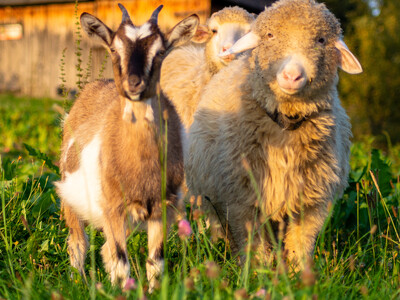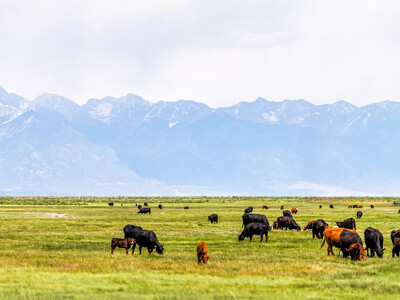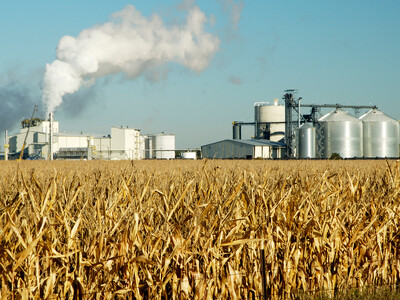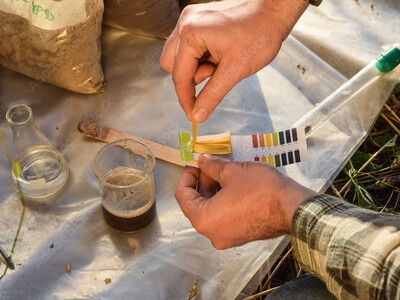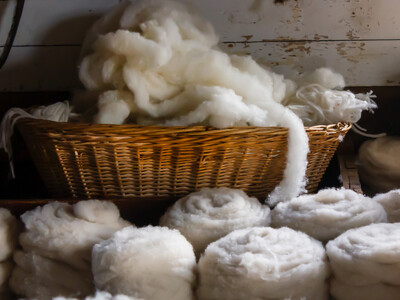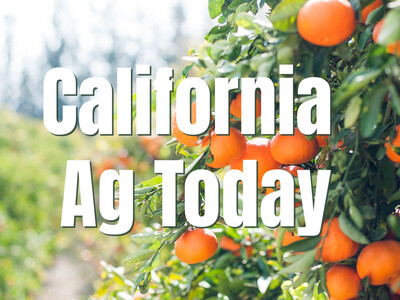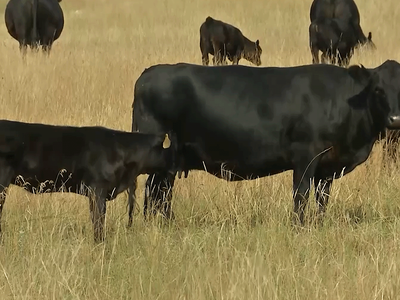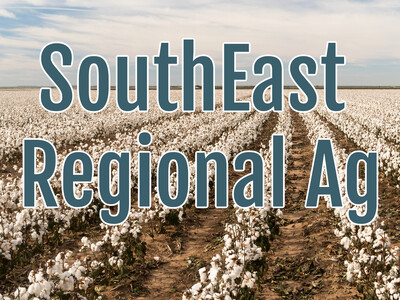Aporkalypse
Aporkalypse. I’m Greg Martin with today’s Line On Agriculture.
We have recently been hearing about a shortage of bacon and it really amuses me. I see headlines like “The Great Bacon Crisis of 2012!” It all started when a press release from Britain’s National Pig Association proclaimed the beginning of a worldwide bacon shortage, people started to squeal in distress about – as comedian Stephen Colbert called it -the oncoming “aporkalypse.”
ANDERSON: I really do like the name. You’ve got to admit that “aporkalypse” is just too hard to pass up. That’s a great name, but no, there’s really not any reason for that kind of concern.
American Farm Bureau Economist John Anderson says there is no need to go hog wild.
ANDERSON: Pork supplies will decrease slightly as we go into 2013, but the idea that there’ll be widespread shortages, that we’ll run out of pork, that’s really overblown.
The U.S. Department of Agriculture projects U.S pork supplies will drop about 1.3 percent next year compared to this year and consumer prices for meat, poultry and seafood will increase about 4 percent. Anderson says that’s not a lot more than he’d expect in a normal year. Missouri hog farmer Chris Chinn says she and other farmers are reacting to the higher costs for feed, thanks primarily to the drought.
CHINN: There are a lot of farmers today who are liquidating and downsizing their herds due to the increased cost of corn and soybean meal. Our feed cost make up about 60 percent of the cost to raise a pig and market prices in the grocery store just aren’t paying what the farmer needs so they can break even. While there may be less pork on the market, American farmers are still going to be bringing home the bacon.
Anderson says he thinks the worries of a bacon shortage will be short-lived.
ANDERSON: I suspect that this will probably blow over in the next couple of days as people really dig into the numbers and what they mean. I think ironically this story might encourage some hog producers who were sort of on the bubble about whether to continue to cut back their numbers to hold on to as many pigs as they can in anticipation of maybe other countries pulling their production down a little more than maybe was expected.
He explains why the drought affects meat supplies.
ANDERSON: We have obviously had a major drought this year. We’ve been talking about it for two or three months now. It has reduced the size of the corn crop considerably and that’s led to a rapid increase in corn prices. Corn is the primary livestock feed in this country, so that does affect cost of production for everyone who produces livestock and dairy products, whether we’re talking about pork or eggs or milk, those are the kind of products that are affected by this.
That’s today’s Line On Agriculture. I’m Greg Martin on the Ag Information Network.




